 Wander around the gardens of St. Thomas’s Hospital in London and you’ll find a statue of the 19th Century Jamaican nurse, Mary Seacole. The name might not mean much, Seacole’s tireless work in infectious diseases and the Crimean War largely forgotten, but audiences are now reminded of this and so much more in Jackie Sibblies Drury’s MARYS SEACOLE, now playing at The Donmar.
Wander around the gardens of St. Thomas’s Hospital in London and you’ll find a statue of the 19th Century Jamaican nurse, Mary Seacole. The name might not mean much, Seacole’s tireless work in infectious diseases and the Crimean War largely forgotten, but audiences are now reminded of this and so much more in Jackie Sibblies Drury’s MARYS SEACOLE, now playing at The Donmar.
To call it a biopic is a bit of a misnomer, on the surface it has all the ingredients to make it one, but in typical Jackie Sibblies Drury style the end product is a surprising and strident dissection, not just of the titular character, but of society and history too.
We begin as you might expect a historical piece to do so, the period costume adorned by Mary Seacole sets the scene perfectly, but soon the dark coloured dress is replaced with the unmistakable blue of an NHS uniform. This is Mary’s story intertwined and overlayed with the stories of women who were to follow her.
These various timelines, and the characters who inhabit them, clash and combine with a furious sense of purpose. A hospital bed from one of the early scenes becomes a dining table in Kingston, Jamaica then a park bench in the 21st Century. Florence Nightingale appears at one stage, with some tense words spoken between she and Mary, it serves to make us wonder why we all know the name Nightingale, why it adorns hospital buildings and is taught in schools, when Seacole has so easily been forgotten.
Despite the overwhelming narrative being thrown at us, it’s surprisingly easy to follow, perhaps because the themes are so pertinent, but also have been carried through the years and generations with too little changing for women like Mary Seacole.
Aside from the titular character (which has an S added to the title to denote the women who followed), five women complete the cast. Their character names are all some form of Mary, but they play numerous characters in the various timelines between them. Words that have already been spoken come back to haunt us taking on new meanings and consequences when spoken by a different woman in a different time period.
Superb direction from Nadia Latif ensures these multiple characters and times all seem to emerge from within one another, we see Mary Seacole’s life and those who followed as a whole. The black comedy element of the writing is also very welcome, because at times this is a production filled with things, such as watching a love one die, that we would otherwise want to shy away from, MARYS SEACOLE lays it bare, blood, gore, faeces, and all.
While the entire cast are excellent, it is Kayla Meikle as Mary that makes this production the success it is. A devastatingly powerful performance, with ice cold stares and clipped sentences that paint the picture of a woman who cares for her patients, but takes no prisoners in other aspects of life. The character comes with a huge amount of self-assurance and Meikle has no difficulty in showing us this side of Mary Seacole either.
Strangely, despite having kept the audience gripped from the opening line, MARYS SEACOLE does lose a touch of momentum in the final ten minutes. Here the various characters and timelines converge with explosive results, with Mary’s dead mother speaking to her from beyond the grave. The moment is important, but feels overly drawn out.
On the whole MARYS SEACOLE is a glorious genre-defying piece of theatre which continually surprises its audience, and has the added bonus of an outstanding central performance; a vital story, ingeniously told.

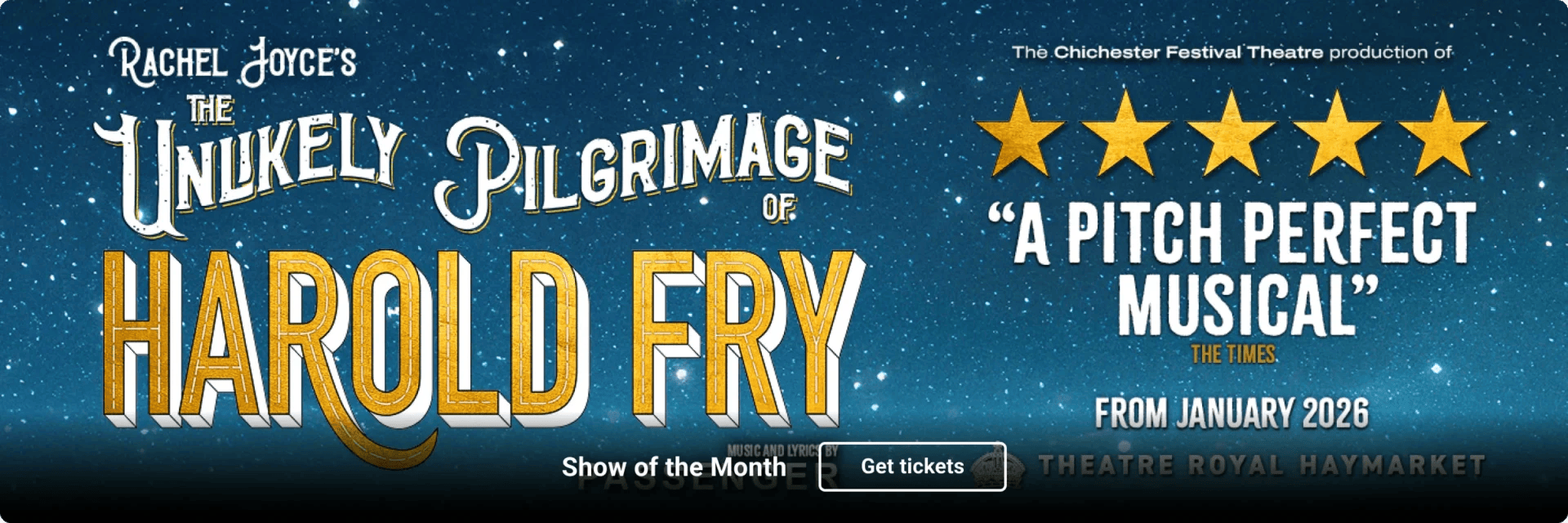


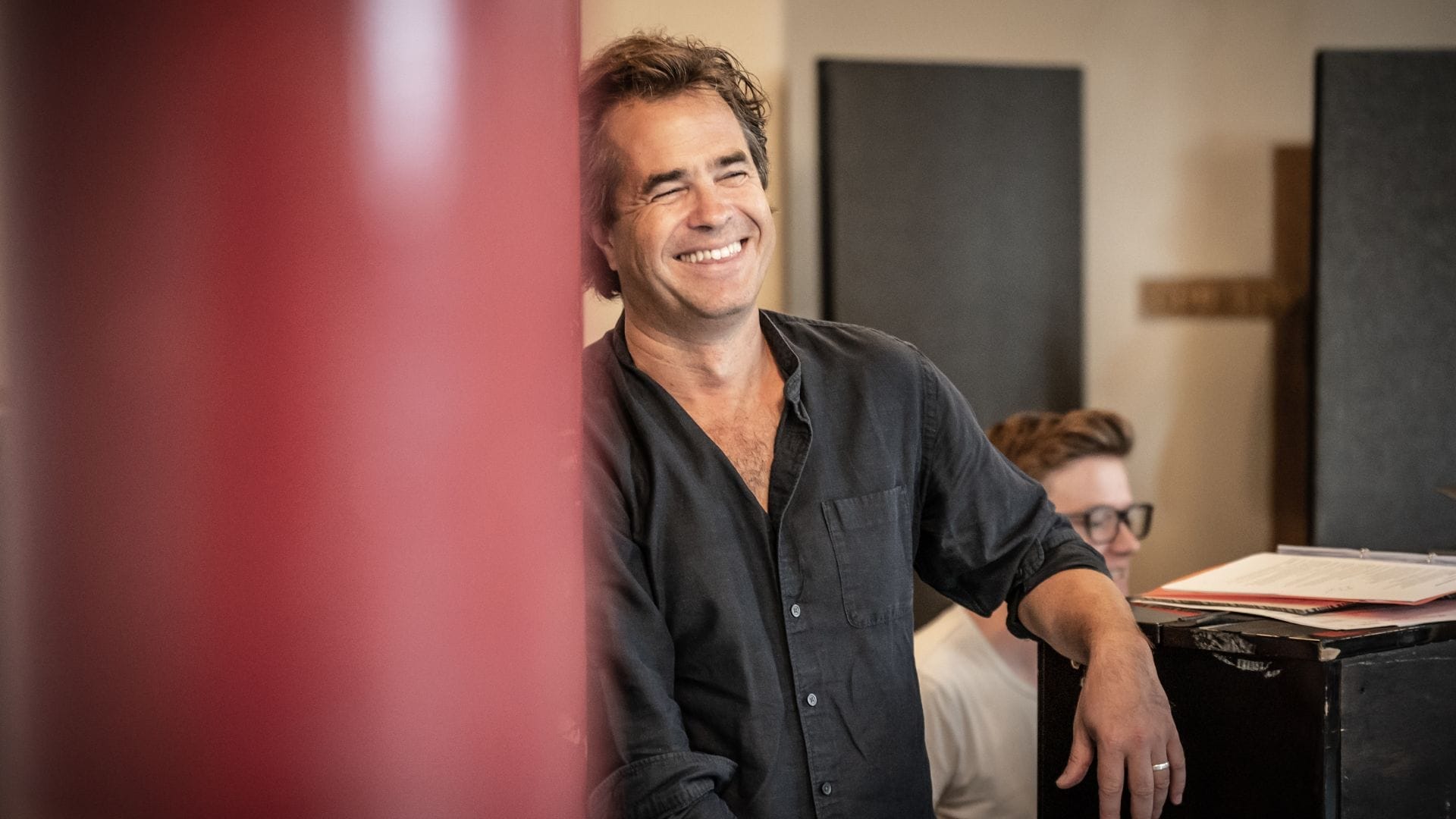






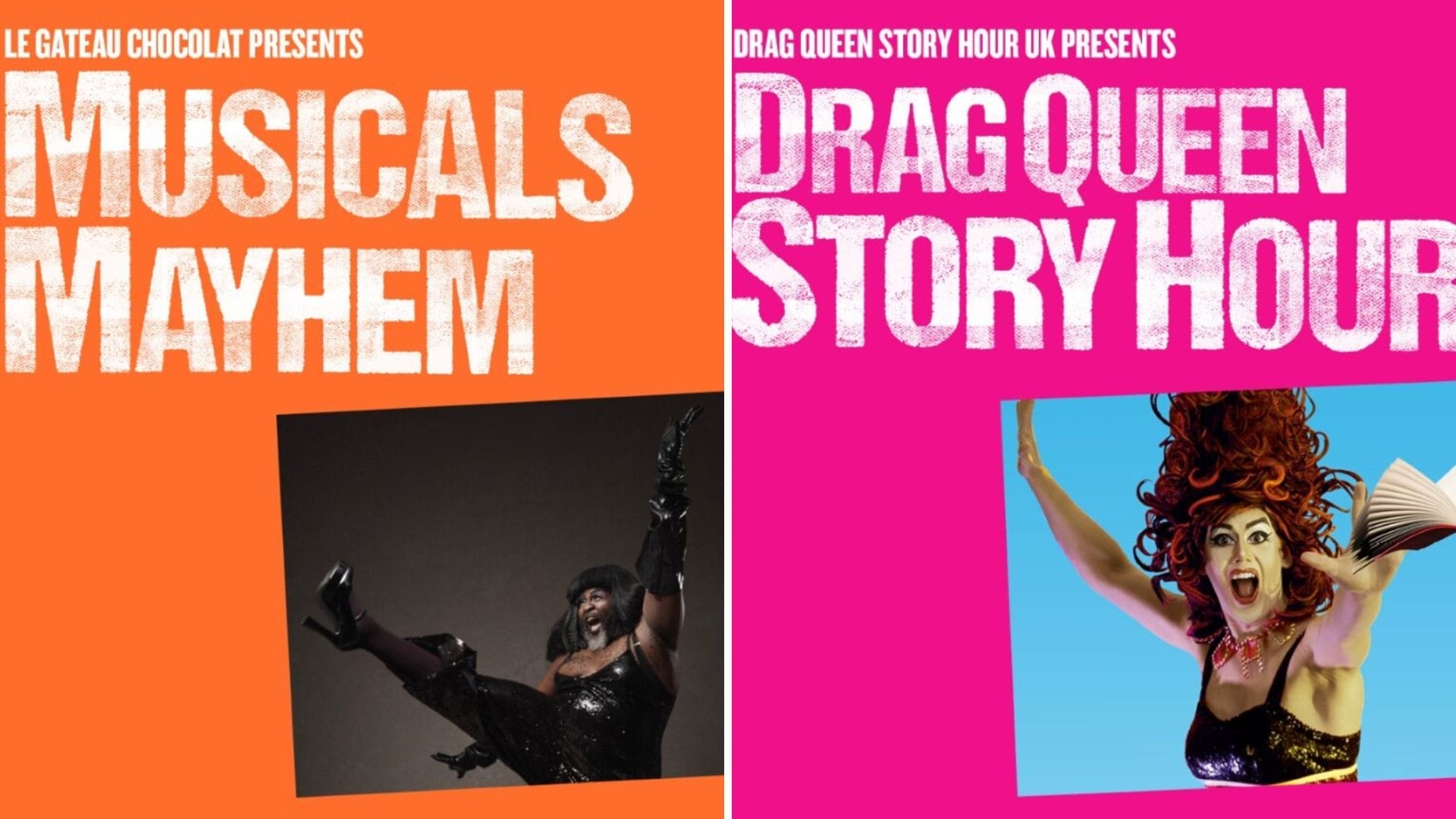




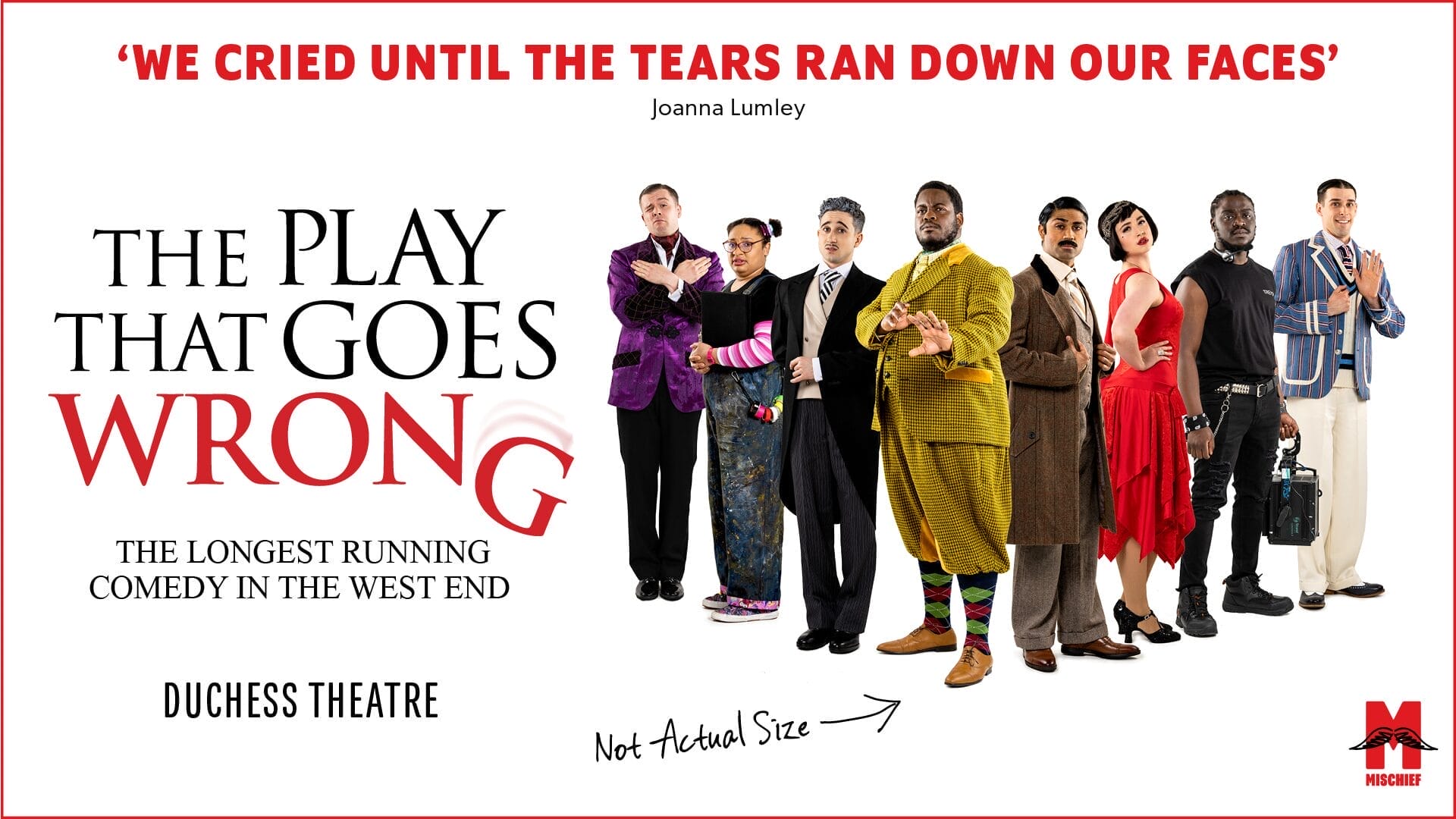
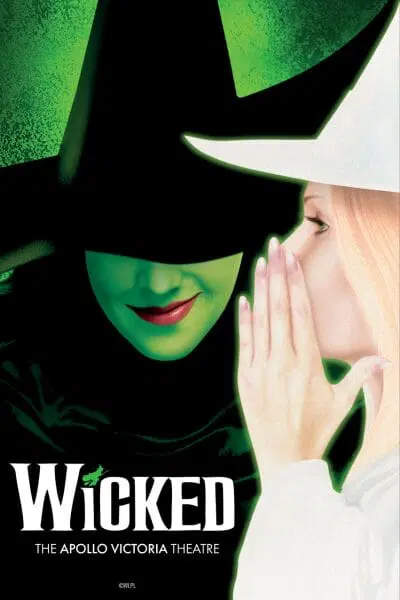
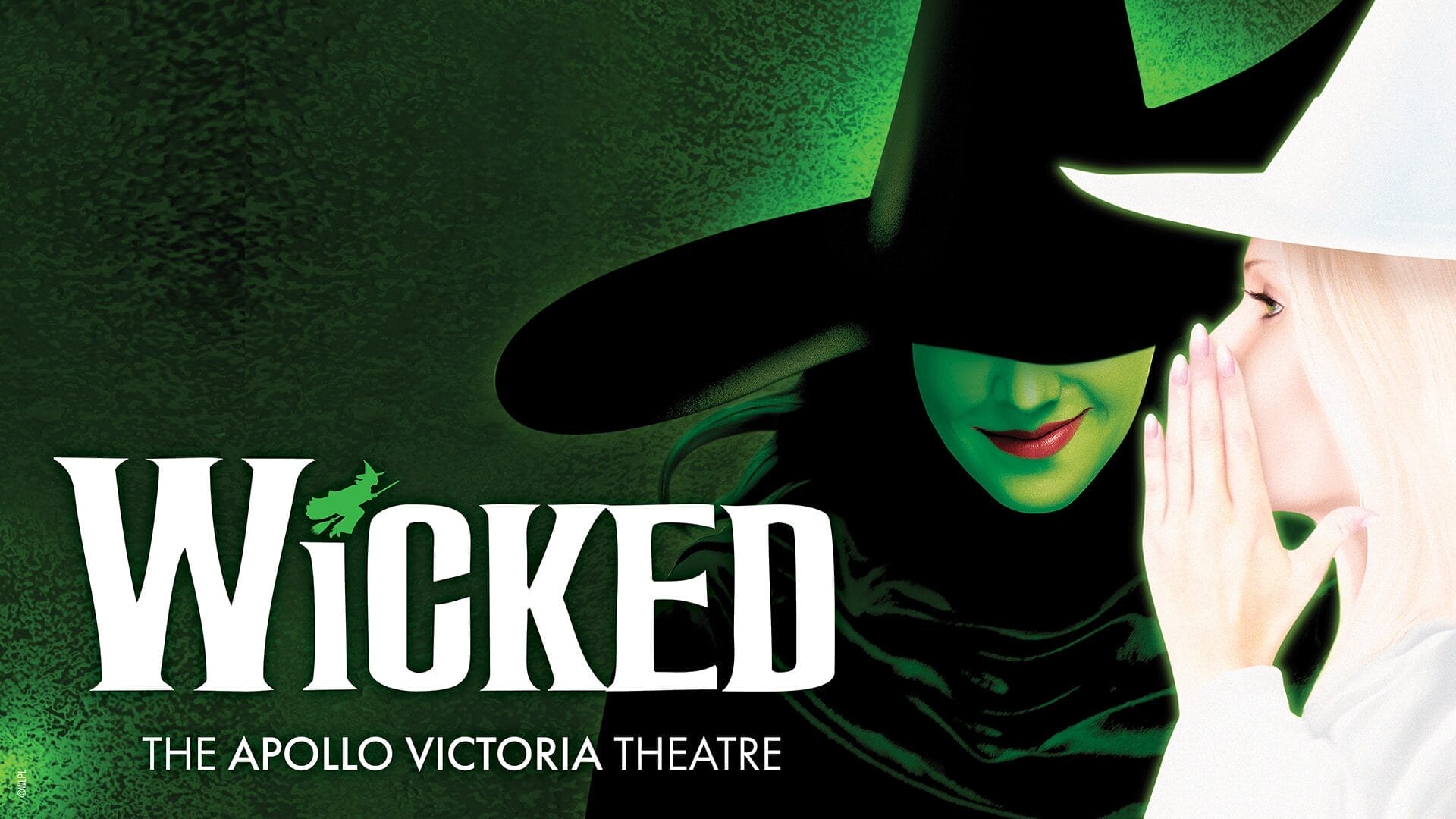




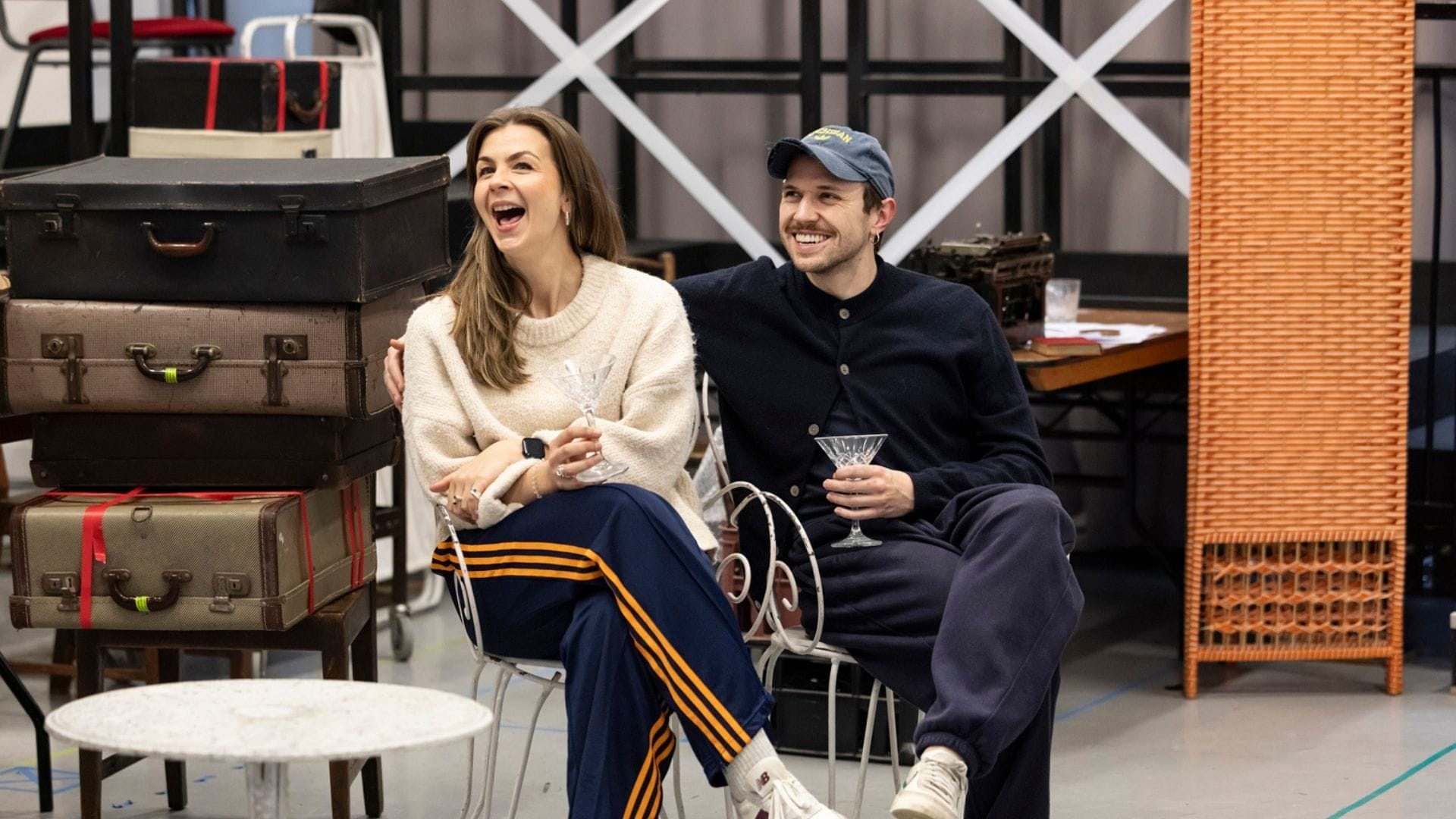
Comments 3